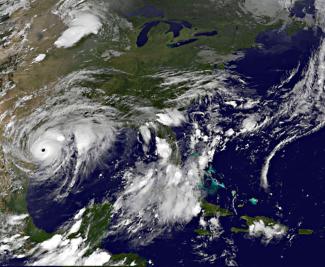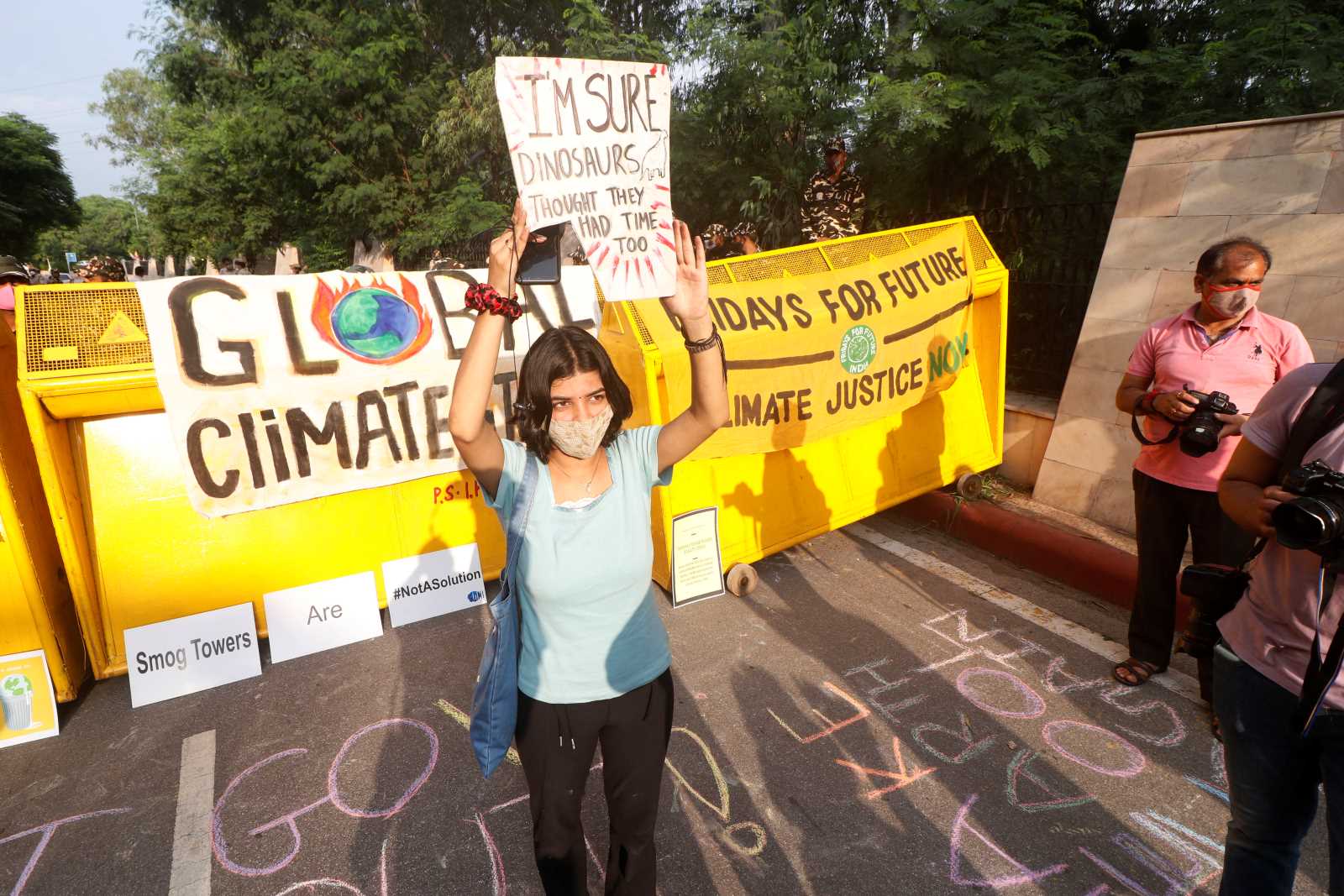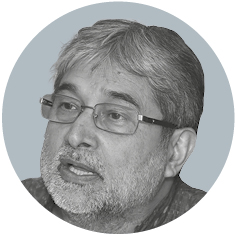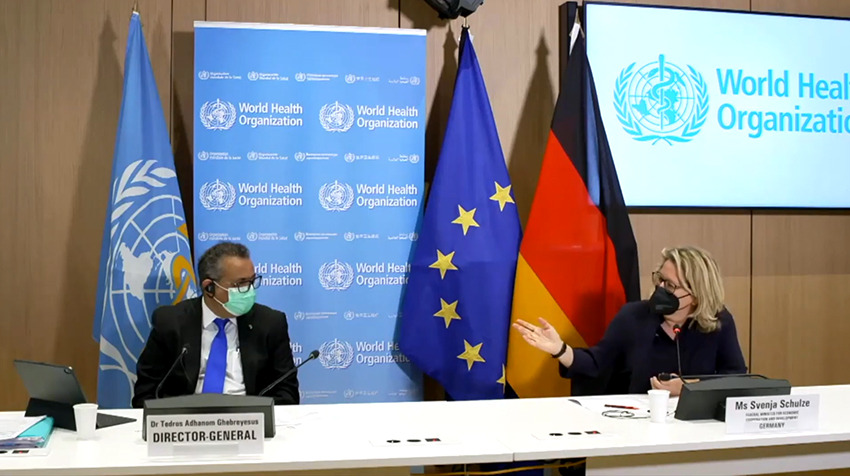Global governance
Make paradigm shift happen

At first, the new paradigm seemed to gain traction fast. Five years after the report was launched, the UN’s Earth Summit in Rio de Janeiro adopted the Framework Convention on Climate Change (UNFCCC) and several other environmental agreements. Yet another five years later, in 1997, the parties to the UNFCCC passed the Kyoto Protocol, with rich nations pledging to reduce carbon emissions.
Soon after, however, the momentum was lost. The USA never ratified the Protocol, other countries did not live up to their commitments and Canada eventually withdrew. Science denial became ever more forceful. As the French intellectual Bruno Latour has pointed out, the mere fact of climate change has massive ethical consequences. Anyone who accepts the science knows that the only alternative to massive devastation is determined climate protection. The scientific insight tell us that we must phase out fossil fuels. Powerful interest groups – not only, but especially in the USA – do not like this message, so they chose to discredit science. Long before Donald Trump, leading Republicans were already resorting to alternative, post-truth facts. They also claimed that climate protection was unaffordable. Though they normally claim that free markets solve all problems, they now insisted that climate protection would cripple economies.
According to Achim Steiner, the head of the UN Development Programme, precious time was lost because economic models were treated as something like the law of gravity. We are know paying a huge price for this failure to get incentives right. When multilateral climate talks started, the idea was to prevent global warming. That was then. Now we must not only invest in mitigating the phenomenon, but also in adapting to it.
In spite of all the propaganda, the scientific consensus has further consolidated, of course. Today, most denialists admit that global warming is real, but they now insist that the reasons are not well understood. Just like their earlier stance, this one is a reckless attempt to protect special interests to the detriment of the global community. In retrospect we know that non-action was very costly.
In the month of August, for example, the damage done by Hurricane Harvey in Houston, Typhoon Hato in Macao, an unusually strong Monsoon in Mumbai and mudslides in Freetown, Sierra Leone were examples of what is becoming ever more likely. The drought-caused hunger haunting parts of Africa is an even worse omen. These events, however, are mild compared with what will happen if climate change leads to tipping points such as the melting of Greenland’s ice sheet.
Steiner expresses the confidence that the adoption of the Paris Agreement and the Sustainable Development Goals in 2015 show that the paradigm shift is happening. The agenda defined in these agreements is good. The current US administration has tried to derail it, but did not manage to do so. Success is still possible. We must make it happen.















